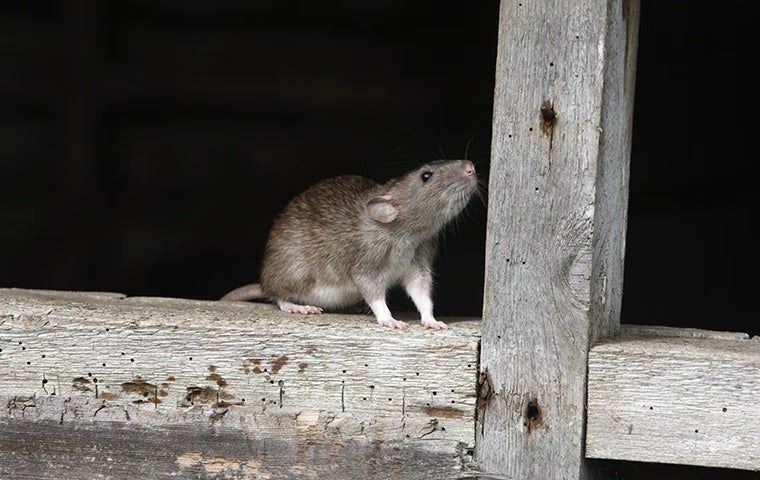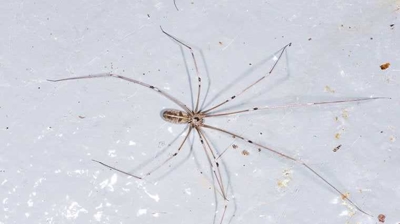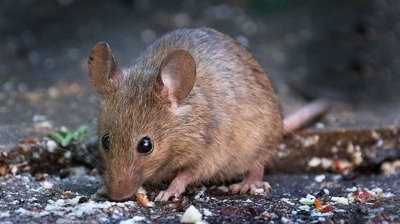
Rodents Identification & Prevention
Frequently Asked Questions about Rodents
Have questions? We are here to help. Still have questions or can't find the answer you need? Give us a call at 252-424-7966 today!

-
How can I prevent rodents in the future?
Prevent problems with rodents in Elizabeth City, NC, and surrounding areas by combining our professional services with the following prevention tips:
- Cut back overgrown vegetation and tree branches away from the exterior of your home or business.
- Pick up fruits and vegetables that fall to the ground in garden areas.
- Repair any missing or broken roof shingles.
- Remove bird feeders from your yard.
- Keep all of your grass cut short.
- Place tight-fitting caps on the chimney.
- Inspect the exterior of your property, fixing any cracks or openings.
-
How do I get rid of rodents?
Professional pest control is the best way to control pests and keep them from returning. At Albemarle Termite & Pest Control, our home pest management professionals are highly trained and dedicated to providing safe and effective pest control services in Elizabeth City that are affordable. We are a localpest control company whose number one priority is putting our customers first and exceeding their expectations. To control pests in your home or business once and for all, contact Albemarle Termite & Pest Control today!
-
Where will I find rodents?Rodents will nest in a variety of locations, both indoors and out, depending on their species. Norway rats nest outside in burrows under woodpiles, in garbage piles, and under concrete slabs and foundations. Roof rats live together in colonies and prefer to nest off the ground in attics, trees, and voids along rooflines and above ceilings. House mice usually live inside homes, as their name suggests, but do also live outside. Inside or out, they prefer to nest in secluded or cluttered areas. Tree stumps, fallen trees, tall grasses, and dense vegetation are all common outdoor nesting spots for house mice. Indoors, they nest behind walls, in attics, basements, cabinets, crawlspaces, and upholstered furniture.
-
Why do I have a rodent problem?Over time, a commensal relationship has developed between rodents and people. While still wild animals, rodents have lived in such close proximity to people for such a long time that they have come to somewhat rely on us for their basic needs, such as food, water, and shelter. Rodents do not hibernate, which means they seek out warm, safe refuge indoors when the weather cools – often inside of our homes, businesses, garages, and other outbuildings.
-
Are rodents dangerous?Rodents cause structural damage, contaminate food, spread dangerous diseases, and trigger fires and short circuits. They transmit viruses through their saliva, urine, and feces. Rodents harbor disease-carrying parasites like fleas, ticks, and mites that they introduce onto properties where they nest. Additionally, many people are allergic to rodent excrement and their shed fur. Mice and rats may be “common” invaders into our homes and businesses, but they need to be eliminated quickly.
-
What are rodents?
Rodents live worldwide, usually close to people, and makeup one of the largest groups of mammals; in fact, most non-flying mammals are rodents. All rodents have front teeth that continuously grow. To prevent these teeth from overgrowing, they chew on anything they come across to help wear them down. Rodents are also prolific breeders and can quickly take over any property that they have decided to nest in. Mice, rats, porcupines, chipmunks, squirrels, and beavers are all examples of rodents.
The most common species of rodents to invade homes and businesses in our areas of North Carolina and Virginia are house mice, Norway rats, and roof rats.
- House Mice - House mice are light brown to gray with cream-colored underbellies. They have pointed noses, large ears, and long tails covered in a light layer of velvety fur. House mice are capable of finding their way inside a building through a hole the diameter of a pencil!
- Norway Rats - Norway rats have dense, heavy bodies with shaggy fur that is brown or gray and scaly tails that are void of hair. These rodents are not great climbers.
- Roof Rats - Roof rats are very agile, and their thin bodies allow them to climb structures easily. Their bodies are covered in dark brown or black fur with gray hairs scattered throughout, and their underbellies are lighter in color.



